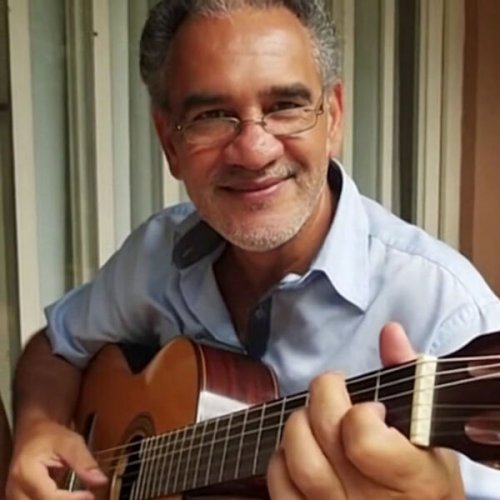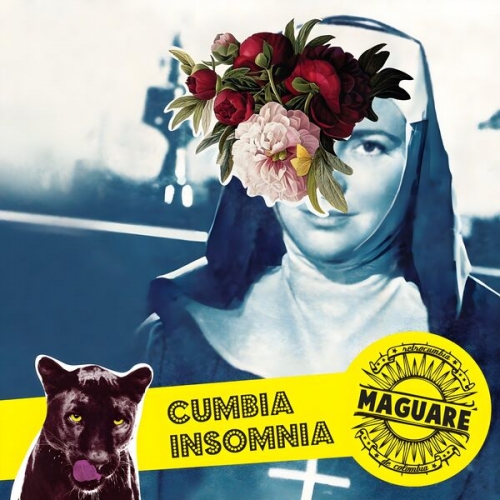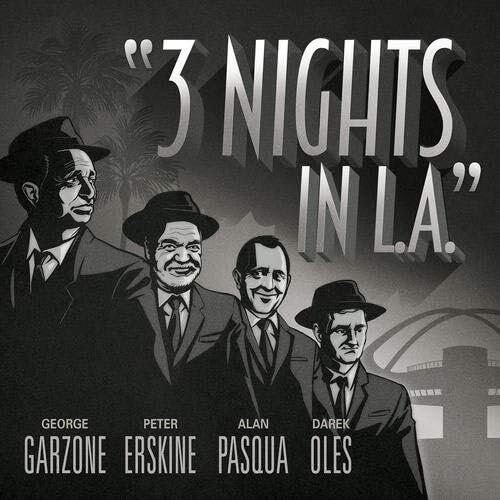The Afro-Semitic Experience - Our Feet Began to Pray (2024)
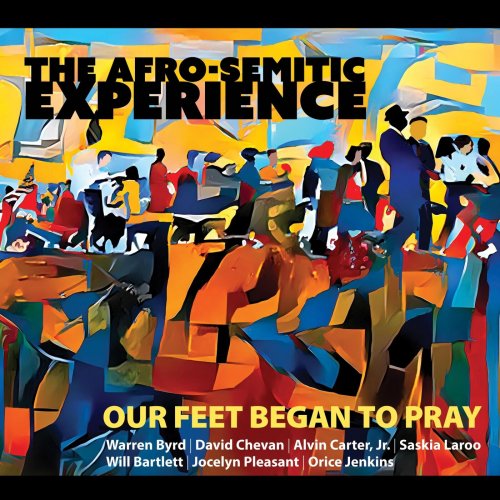
Artist: The Afro-Semitic Experience
Title: Our Feet Began to Pray
Year Of Release: 2024
Label: Reckless DC Music
Genre: Jazz, Vocal Jazz
Quality: 320 kbps | FLAC (tracks)
Total Time: 01:14:13
Total Size: 171 mb | 418 mb
WebSite: Album Preview
Tracklist:Title: Our Feet Began to Pray
Year Of Release: 2024
Label: Reckless DC Music
Genre: Jazz, Vocal Jazz
Quality: 320 kbps | FLAC (tracks)
Total Time: 01:14:13
Total Size: 171 mb | 418 mb
WebSite: Album Preview
CD1
01. The Afro-Semitic Experience - Unity in the Community
02. The Afro-Semitic Experience - Brighter Day
03. The Afro-Semitic Experience - Retelling the Tales Told by Our Ancestors
04. The Afro-Semitic Experience - My Feet Began to Pray
05. The Afro-Semitic Experience - Shedding Our Color
06. The Afro-Semitic Experience - Moanin'
CD2
01. The Afro-Semitic Experience - We Shall Overcome / Oseh Shalom
02. The Afro-Semitic Experience - If I Can Help Somebody
03. The Afro-Semitic Experience - Esa Enai
04. The Afro-Semitic Experience - I Wish I Knew How It Would Feel to Be Free
05. The Afro-Semitic Experience - Eretz Zavat Chalav
06. The Afro-Semitic Experience - Rakhmones Nign
07. The Afro-Semitic Experience - Rakhmones
08. The Afro-Semitic Experience - Throw It Away
Released to coincide with the birthday of Dr Martin Luther King, January 15, this musical project of unity began in the Nineties when pianist Warren Byrd and bassist David Chevan hooked up to play in each other's bands.
And from that the idea of exploring Jewish and African American traditions grew.
Hence the Afro-Semitic Experience and a series of albums since which bring together soul, funk, gospel and cantorial influences within a jazz context of improvisation and exploration.
By turns cool, blue and swinging (Retelling the Tales Told By Our Ancestors) or referring to classic material (a vocal take on Moanin', a moving choral amalgamation of We Shall Overcome and Oseh Shalom, I Wish I Knew How It Would Feel to be Free), Our Feet Began to Pray is an album of truth, history, shared suffering and eternal optimism (If I Can Help Somebody) despite the challenges of life.
The concept for the title song came during a protest march after the death of George Floyd, as the New Haven police were moving the crowd across a bridge. The similarity between the Floyd protests and the civil rights march across the Edmund Pettus Bridge in Selma -- after which both Rabbi Abraham Joshua Heschel and John Lewis referred to the experience as "praying with my feet" -- could not be ignored.
The vocals are well-intentioned if rather lacking in power (the title track, Shedding Our Colors) and those who prefer their socio-political jazz with a bit of astringency may well be disappointed by some of this album.
But the ethic here – and the common theme of marching in protest, out of Egypt, the Middle Passage and other journeys – is that of coming together and finding common ground which, almost by definition, requires compromise.
"Unity in the community" is the on-point shorthand for this admirable project.
And from that the idea of exploring Jewish and African American traditions grew.
Hence the Afro-Semitic Experience and a series of albums since which bring together soul, funk, gospel and cantorial influences within a jazz context of improvisation and exploration.
By turns cool, blue and swinging (Retelling the Tales Told By Our Ancestors) or referring to classic material (a vocal take on Moanin', a moving choral amalgamation of We Shall Overcome and Oseh Shalom, I Wish I Knew How It Would Feel to be Free), Our Feet Began to Pray is an album of truth, history, shared suffering and eternal optimism (If I Can Help Somebody) despite the challenges of life.
The concept for the title song came during a protest march after the death of George Floyd, as the New Haven police were moving the crowd across a bridge. The similarity between the Floyd protests and the civil rights march across the Edmund Pettus Bridge in Selma -- after which both Rabbi Abraham Joshua Heschel and John Lewis referred to the experience as "praying with my feet" -- could not be ignored.
The vocals are well-intentioned if rather lacking in power (the title track, Shedding Our Colors) and those who prefer their socio-political jazz with a bit of astringency may well be disappointed by some of this album.
But the ethic here – and the common theme of marching in protest, out of Egypt, the Middle Passage and other journeys – is that of coming together and finding common ground which, almost by definition, requires compromise.
"Unity in the community" is the on-point shorthand for this admirable project.
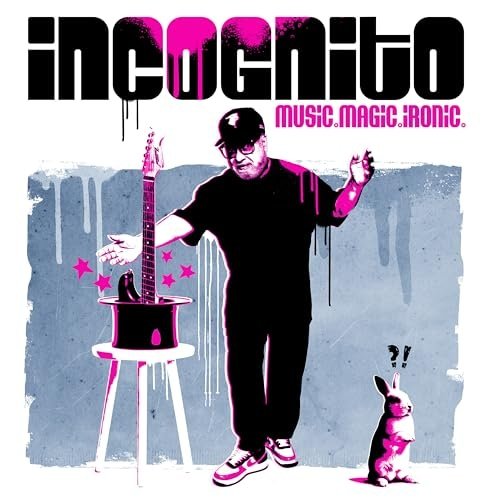
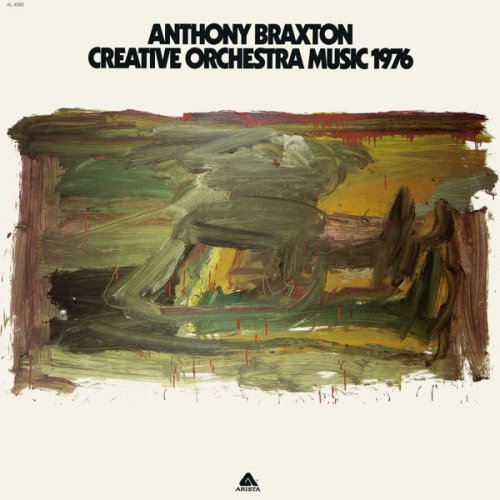
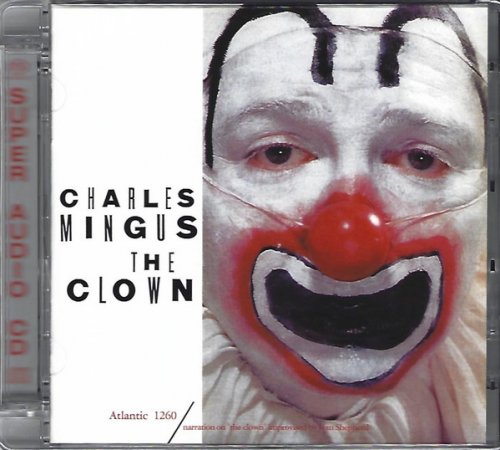
![Philipp Gropper’s Philm - Sun Ship (2017) [Hi-Res] Philipp Gropper’s Philm - Sun Ship (2017) [Hi-Res]](https://img.israbox.com/img/2025-12/22/lxfeu4bqs3xus6ku842hruzby.jpg)
![Clifton Chenier - The King of Zydeco (Live) (1981) [Hi-Res] Clifton Chenier - The King of Zydeco (Live) (1981) [Hi-Res]](https://img.israbox.com/img/2025-12/20/xjfs68k4k2e6nw8a1vz89ft6c.jpg)
![Jamaican Jazz Orchestra - Rain Walk (2019) [Hi-Res] Jamaican Jazz Orchestra - Rain Walk (2019) [Hi-Res]](https://img.israbox.com/img/2025-12/21/snzv0mdiaf2dg21tiqrm87jaq.jpg)
